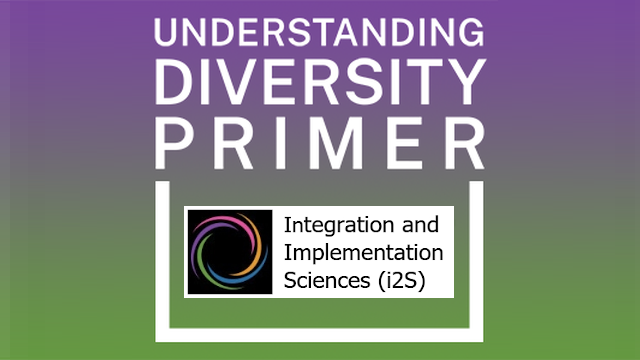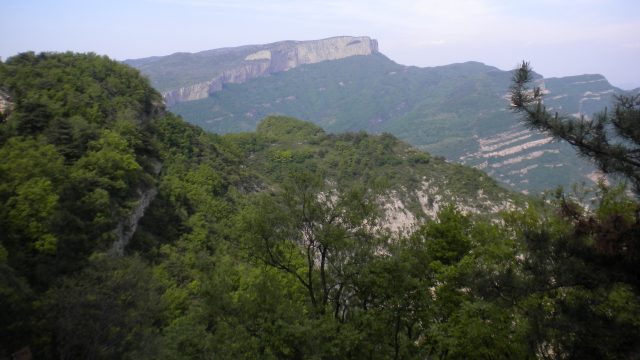
Open access to scholarly knowledge in the digital era (chapter 4.2): Preserving the past for the future – Whose past? Everyone’s future
This article is chapter 4.2 in section 4 of a series of articles summarising the book Reassembling Scholarly Communications: Histories, Infrastructures, and Global Politics of Open Access.
April M. Hathcock advises that in an era of “fake news” and “alternative facts,” it is important to preserve and provide access to the scholarly record, as it is a means of tracking the ways in which knowledge has been created and shared across generations.
In the second chapter of the archives and preservation section, Hathcock goes further to argue that a more inclusive view of knowledge creation from the past and a more inclusive survey of today’s scholarship is crucial for an empowered, informed citizenry. By identifying and filling gaps in the scholarly record, we can change our scholarly and cultural values for the better.
Preservation at the margins
Hathcock alerts that the gaps in the scholarly record are rooted in systems of power and oppression, and these silences adversely affect the quality and completeness of scholarly work now and moving forward.
For example, Nicole Brown and her fellow researchers discovered a marked discrepancy in the number of available texts relating to the Black experience and culture in the HathiTrust corpora, which makes clear that systemic marginalization continues to play a significant role.
In another example, archivist Rebecka Sheffield notes that much of what is known about LGBTQIA+ history begins with the Stonewall riots of 1969, but LGBTQIA+ resistance to discrimination and struggle for liberation had existed long before that.
Sheffield discusses the importance of scholars and information professionals working conscientiously to help steward and preserve these histories that run the risk of being lost at the margins, and how this is done by highlighting the importance of unexplored histories being stewarded rather than owned or necessarily collected by the mainstream.
Scholarship as open, inclusive conversation
To help ensure a more inclusive scholarly record, Hathcock contends that librarians should teach new researchers that the scholarly record is built through an iterative process.
The traditional mode of scholarly communication, with limited materials on limited topics published by limited selection of gatekeepers and housed behind paywalls accessible only to a limited selection of researchers and users, is not discourse at all.
Pursuing openness and inclusion allows for scholarship to take place as a real conversation, in which previously silenced voices are heard and preserved for the future.
Open and inclusive scholarship as conversation means going beyond the final research output or product to different, decolonized ways of thinking and knowing, which involve collaboration, self-reflection, and slow, purposeful methodology and theorizing.
To create a more open and inclusive scholarly record, open scholarly discourse up beyond the researcher and include voices from outside the ivory tower. The discourse will benefit from their direct knowledge and experience.
Open, inclusive scholarly discourse ties closely with shifts in archival theory pushing for more “post-custodial” approaches to the collection and maintenance of research collections. The scholarship conversation surrounding primary source material is being opened to include the perspectives of community creators and material curators.
Empowering and involving marginalized communities
To preserve a more inclusive scholarly record, Hathcock advises that we must empower and involve marginalized communities in the creation and preservation of scholarship. This involves broadening the spectrum of what is meant by “scholarship” to include decolonized ways of knowing and knowledge creation.
Several groups have begun to facilitate the preservation and sharing of indigenous cultural and intellectual heritage online. These groups provide the infrastructure for communities to protect their intellectual property and restrict access to their materials in ways appropriate to their cultural norms.
For example, Documenting the Now is a community-based platform for collecting, using, and preserving born-digital social media content that aims to provide a counter-narrative to official government, police, and media reports of tragic events happening in marginalized neighborhoods.
Changing values
Efforts like Documenting the Now, Mukurtu, and Local Contexts are helping to expand the scholarly record to include more marginalized perspectives and sources of knowledge creation, but Hathcock contends that we must change our scholarly criteria for determining what is of value for creating, sharing, and preserving in the realm of knowledge creation.
In order to transform scholarly values, she states that we need to diversify those who serve as gatekeepers to knowledge creation and sharing, include more diverse voices among scholars, and support publications that might not otherwise have a voice.
We must challenge our current values and power structures to create a more inclusive record of knowledge creation and preservation, and ensure that all voices are heard throughout the ages.
Next part (chapter 4.3): Digital humanities and print-centered communications.
Article source: This article is an edited summary of Chapter 141 of the book Reassembling scholarly communications: Histories, infrastructures, and global politics of Open Access2 which has been published by MIT Press under a CC BY 4.0 Creative Commons license.
Acknowledgements: This summary was drafted by Wordtune Read with further corrections and edits by Bruce Boyes.
Article license: This article is published under a CC BY 4.0 Creative Commons license.
References:
- Hathcock, A. M. (2020). Preserving the Past for the Future: Whose Past? Everyone’s Future. In Eve, M. P., & Gray, J. (Eds.) Reassembling scholarly communications: Histories, infrastructures, and global politics of Open Access. MIT Press. ↩
- Eve, M. P., & Gray, J. (Eds.) (2020). Reassembling scholarly communications: Histories, infrastructures, and global politics of Open Access. MIT Press. ↩






